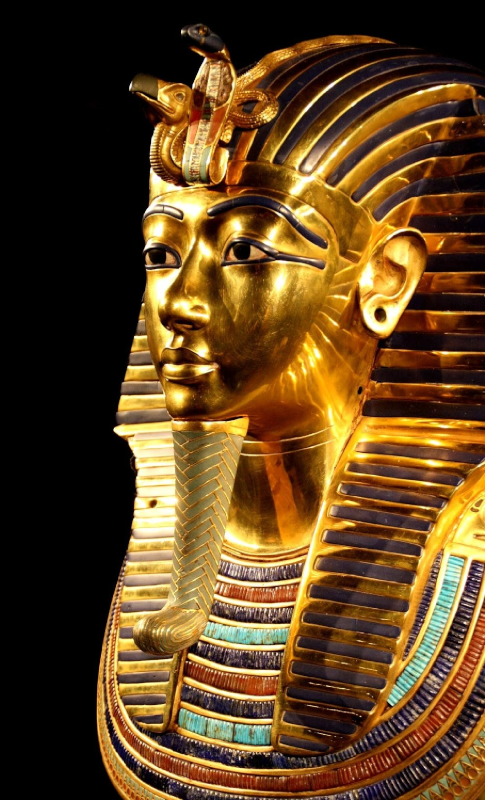Beard History: 101
The history of beards is a long and varied one, with different cultures and societies having different attitudes towards them throughout time.
In ancient civilizations, beards were often seen as a symbol of power and authority. The ancient Egyptians, for example, considered beards to be a sign of wisdom and nobility, and many pharaohs are depicted in statues and hieroglyphs with beards. The ancient Greeks also had a great respect for beards, and many famous philosophers, such as Socrates, had long beards. In ancient China and Japan, beards were also associated with wisdom and age, with Confucius and other wise men being depicted with beards.
During the Middle Ages, beards continued to be seen as a symbol of power and authority, with many kings and nobles sporting them. However, the Catholic Church also had a significant influence on beard fashion during this time, with many religious figures, such as monks and priests, sporting beards as a symbol of their devotion to God.
In the Renaissance, beards fell out of fashion among the upper classes, as they were seen as a symbol of the unrefined and uncivilized. Many European rulers, such as King Henry VIII of England, were clean-shaven, and this trend continued throughout the next few centuries.
In the 19th century, beards made a comeback, with many famous figures, such as Abraham Lincoln and Charles Darwin, sporting them. This was also a time when the science of grooming and styling beards began to develop, with various tools and products being developed to help men maintain their beards.
In the early 20th century, beards fell out of fashion again, as they were seen as a sign of the outdated and old-fashioned. This trend continued through the 1960s and 1970s, with clean-shaven faces being the norm.
In the 1980s and 1990s, beards began to make a comeback, with many men, particularly in the entertainment industry, sporting them. This trend continued into the 21st century, with beards becoming increasingly popular among men of all ages and backgrounds.
Today, beards are seen as a fashion statement, with many men choosing to grow them for personal or professional reasons. Beards have also become a symbol of masculinity and ruggedness, and many men choose to grow them as a way to express their personality and individuality.
Overall, the history of beards is a fascinating one, with different cultures and societies having different attitudes towards them throughout time. Beards have been seen as a symbol of power, wisdom, authority, masculinity, and individuality. The fashion and grooming of beards has also been an ever-evolving aspect of human history and it continues to be so.

